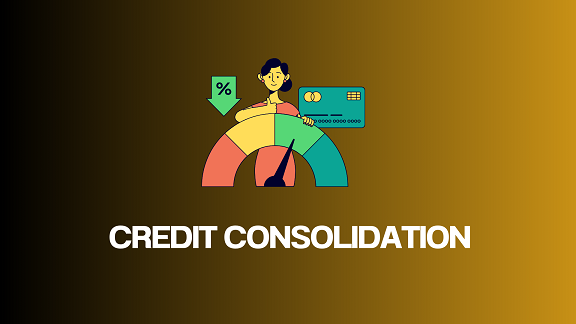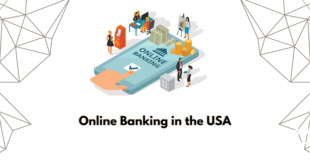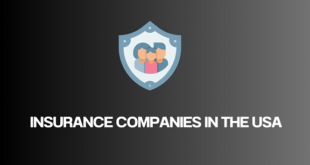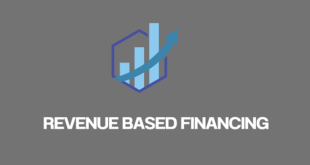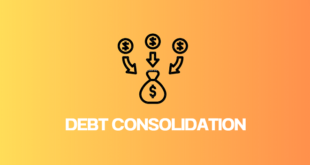Credit consolidation is a financial strategy that aims to simplify and potentially reduce your overall debt by combining multiple debts into a single loan. Here’s a closer look at how it works and if it might be the right approach for you:
Simplifying Your Debt:
- Imagine juggling multiple credit cards, medical bills, or personal loans, each with different interest rates, due dates, and minimum payments. Debt consolidation can streamline this process by merging them into one loan with a (hopefully) lower interest rate and a single monthly payment.
How it works:
- Secure a New Loan: You’ll need a new loan, often a personal loan, home equity loan, or balance transfer credit card, with a lower interest rate than your existing debts. The ideal scenario is to secure a significantly lower rate to make consolidation beneficial.
- Pay Off Existing Debts: You use the proceeds from the new loan to pay off your existing creditors. This extinguishes your debts with them and concentrates your repayment efforts on the new loan.
- Focus on One Payment: Instead of managing multiple payments, you’ll have one consolidated payment to track and manage. This can simplify budgeting and reduce the risk of missing payments due to confusion.
Potential Benefits:
- Reduced Interest: The key advantage is potentially significant interest savings. By securing a lower interest rate on the consolidation loan, you’ll pay less on interest charges over the long run, freeing up more money for other goals.
- Simplified Management: Having one payment simplifies tracking your debt and ensures on-time payments, potentially improving your credit score.
- Potential Debt Repayment Acceleration: The consolidation loan may come with a fixed repayment term, motivating you to repay the debt faster compared to minimum payments on multiple debts.
Before you consolidate:
- Credit Score: Qualifying for a good interest rate often requires a decent credit score. A poor credit score might result in a consolidation loan with a high-interest rate, defeating its purpose.
- Debt Amount: While consolidation simplifies management, it doesn’t eliminate debt. It might not be suitable for very high debts, as repayment terms could become excessively long.
- New Debt Accumulation: Debt consolidation is a tool to manage existing debt, not an excuse to accumulate more. Avoid running up new debt while repaying the consolidated loan.
Types of Consolidation Loans:
- Personal Loans: Offered by banks, credit unions, or online lenders. Interest rates depend on your creditworthiness.
- Home Equity Loan or Line of Credit (HELOC): uses the equity in your home as collateral, potentially offering lower interest rates than personal loans. However, it puts your home at risk if you fail to repay.
- Balance Transfer Credit Card: Moves existing credit card balances to a new card with a 0% introductory APR for a limited period. It requires good credit and can have high fees after the introductory period.
Is debt consolidation right for you?
Consider these factors to decide if they align with your financial goals:
- High-Interest Debt: Do you have multiple debts with high interest rates? Consolidation can save you money if you secure a lower rate.
- Debt Management Struggle: Are you struggling to manage multiple debt payments? Consolidation simplifies things.
- Credit Score: Do you have a good credit score to qualify for a favorable consolidation loan rate?
Alternatives to Consolidation:
- Debt Management Plan: Non-profit credit counselors can create a plan to negotiate lower interest rates with creditors and manage your repayments.
- Avalanche Method: Focus on paying off the debt with the highest interest rate first, regardless of the balance.
- Snowball Method: Prioritize paying off the debt with the smallest balance first to gain momentum and a sense of accomplishment.
The bottom line:
Debt consolidation can be a powerful tool for managing debt, but it’s not a one-size-fits-all solution. Carefully consider the pros, cons, and alternatives to determine if they align with your financial situation and goals. Consulting a financial advisor or credit counselor can provide personalized guidance based on your specific circumstances.
Find More: Click here
Click here for online banks in the USA
 Shalkot The Innovators
Shalkot The Innovators
